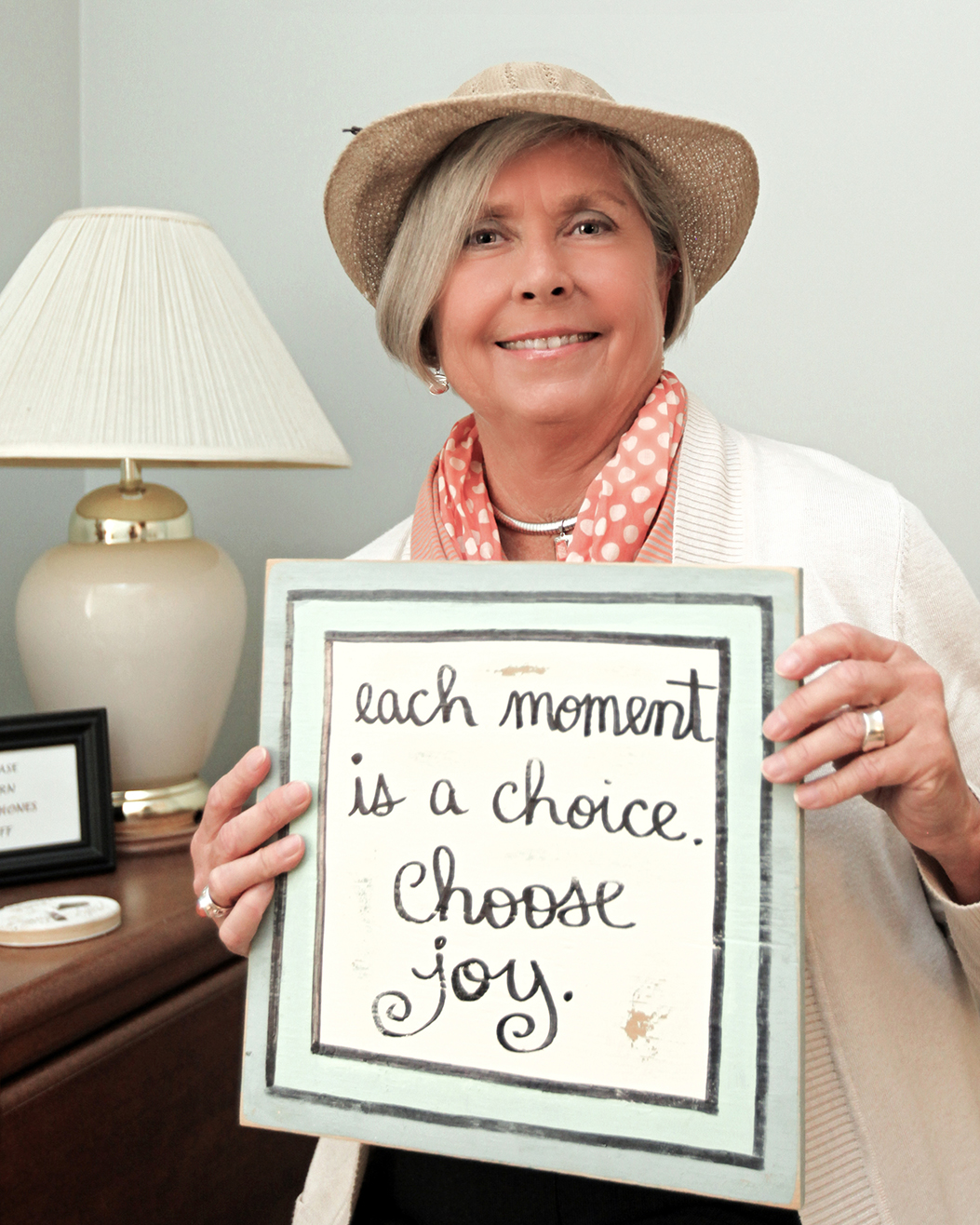What Is Depression?
Depression is one of the most common mental health problems. According to the National Institute of Mental Health, 17 million American adults will suffer from depression this year (cited in www.apa.org). Depression can affect anyone at any age and most people will have at least some experience with depression in their lifetime. The good news? Depression is highly treatable! Sometimes depression symptoms are "situational" meaning that some event or situation has triggered your depressed thoughts and feelings. Other times depression seems to occur out of the blue, or in a cyclic or seasonal fashion. Sometimes depression is related to an underlying medical condition.
Symptoms of Depression:
- Feeling blue, sad, depressed, or down
- Tearfulness
- Low self-esteem
- Loss of interest, or less pleasure in previously enjoyed activities
- Changes in appetite or sleep patterns
- Fatigue, loss of energy
- Moving slowly, sluggishly
- Thoughts and feelings of worthlessness, hopelessness, or guilt
- Loss of concentration, indecisiveness
- Thoughts of death or suicide
DSM-V Depressive Disorders
- Disruptive Mood Dysregulation Disorder
- Major Depressive Disorder
- Persistent Depressive Disorder (Dysthymia)
- Premenstrual Dysphoric Disorder
- Substance/Medication- Induced Depressive Disorder
- Depressive Disorder Due to Another Medical Condition
- Other Specified Depressive Disorder
- Unspecified Depressive Disorder
Depression Therapy
Just as there are many types of depression, there are many types of therapy for depression. While it may seem like things are hopeless or that there is nothing you can do about it, depression is highly treatable. Respond requires attention and targeted treatment. Current research finds thatantidepressant medication is effective in treating depression. Psychotherapy is also effective in treating depression, particularly Cognitive Behavioral Therapy (CBT). A combination of medication and psychotherapy is often recommended.
At First Coast Therapy we use our clinical experience to provide you with the depression treatment that will work best for you. Most common psychotherapy or "talk therapy" treatments include:
- Cognitive-Behavioral Therapy (CBT)
- Interpersonal Therapies
- Psychodynamic Therapies
If you need medication for your depression, we will make referrals and coordinate services with your primary care physician, ob-gyn, or psychiatrist.
What About Emergency Treatment For Depression?
In a medical emergency call 911 first, your nearest relative second, then call us. When hospitalization is required, if time allows, we can offer professional consultation. We like to be there for you, helping you know your options and walking you through the hospitalization process. We have experience with hospitals in St. Simons, Jacksonville, St. Augustine, Orange Park, and Gainesville.
If you are not sure whether you needhospitalization, we will arrange for you or your loved one to be seen and evaluated in our office. Sometimes we can help you avoid a hospital stay with a reasonable safety plan and intensive outpatient services

